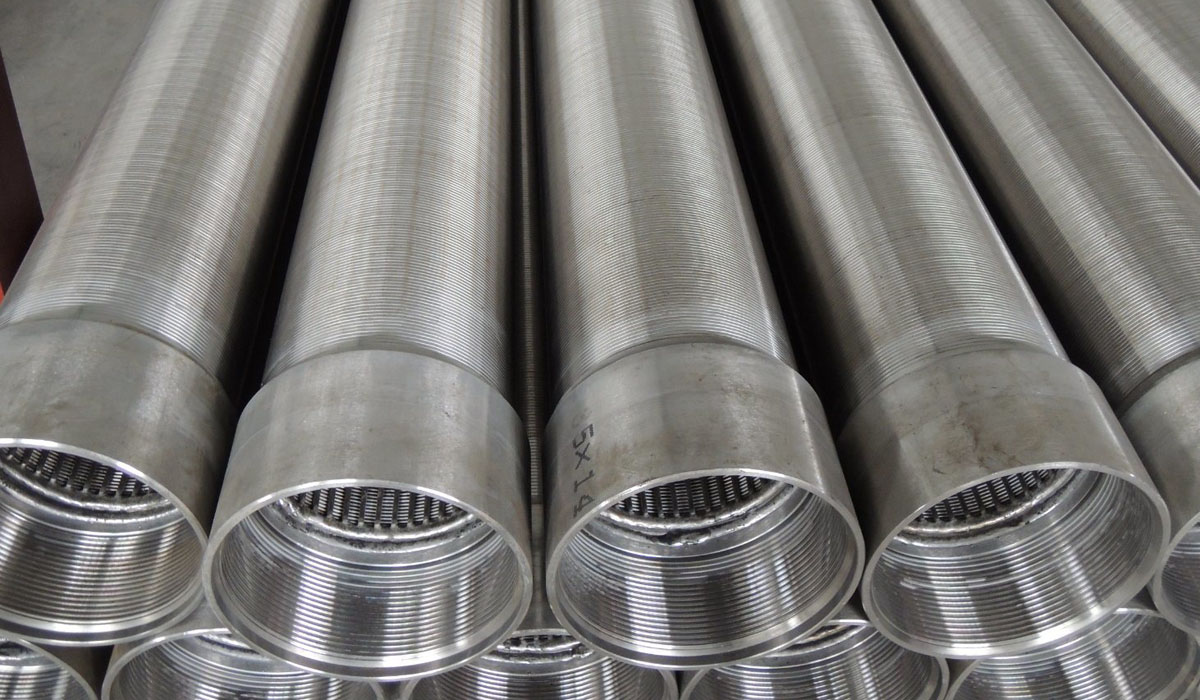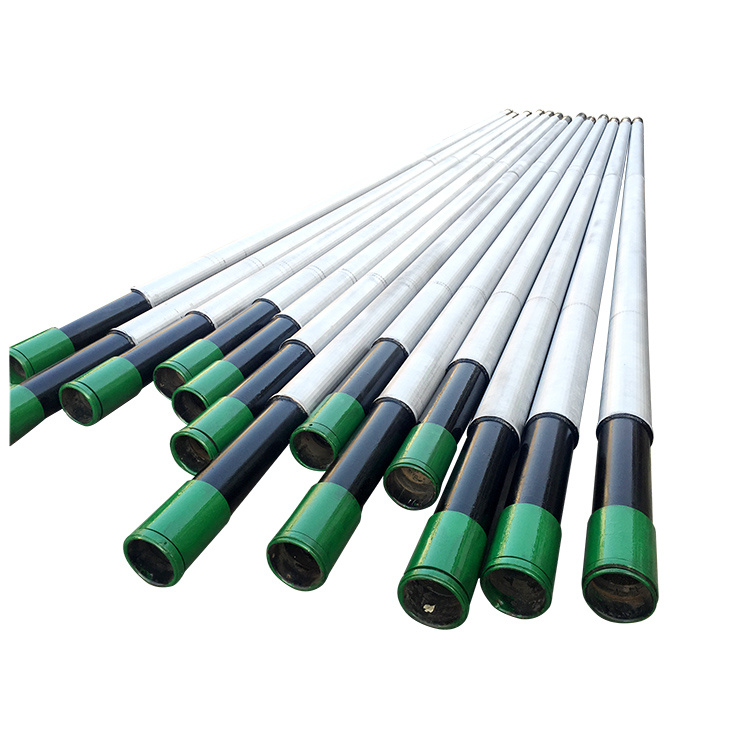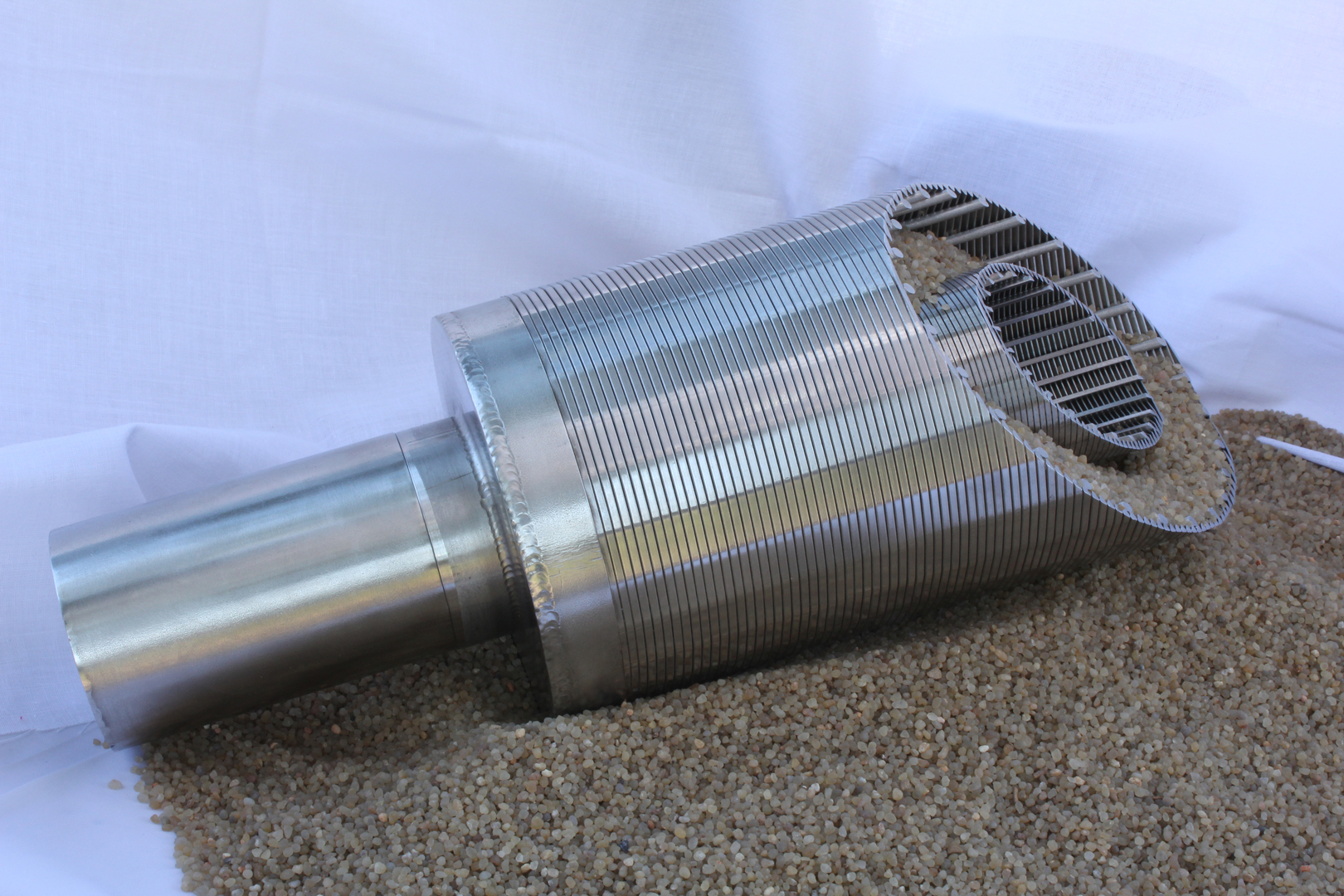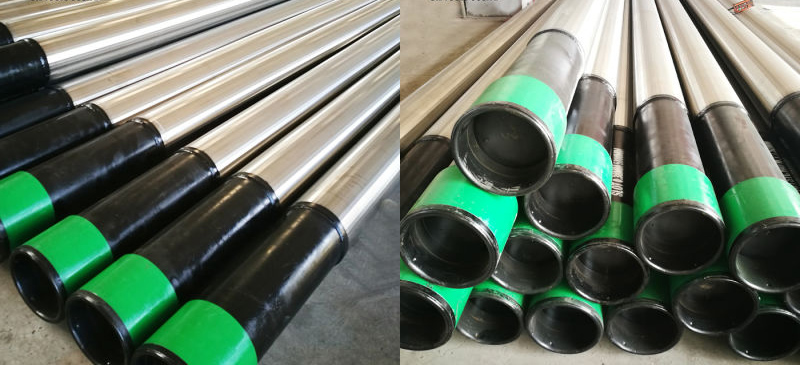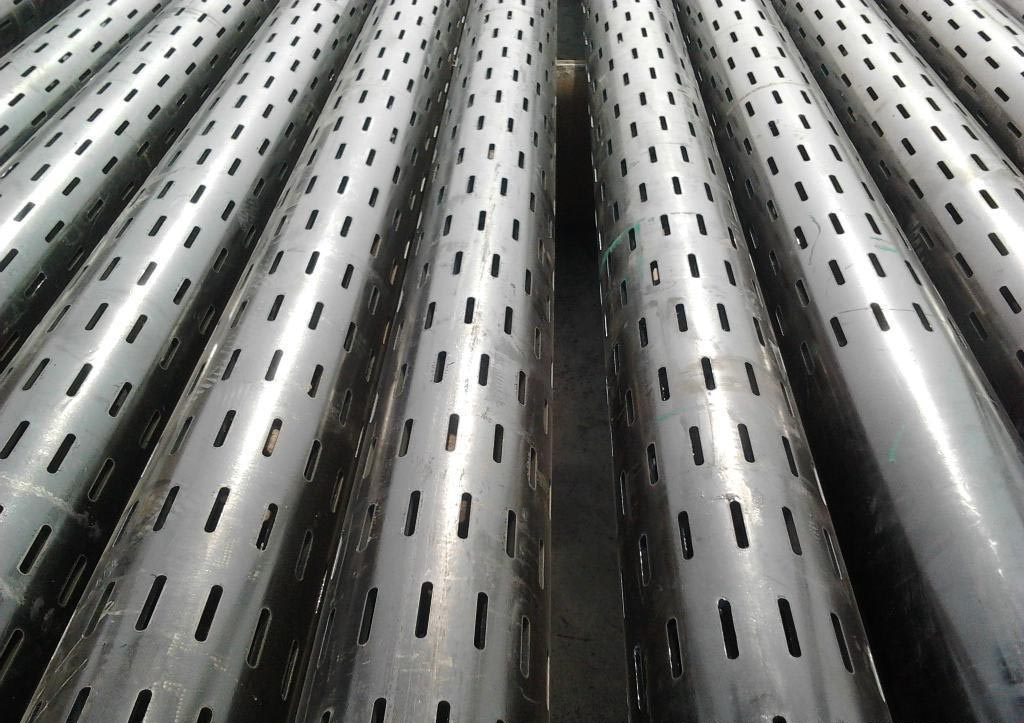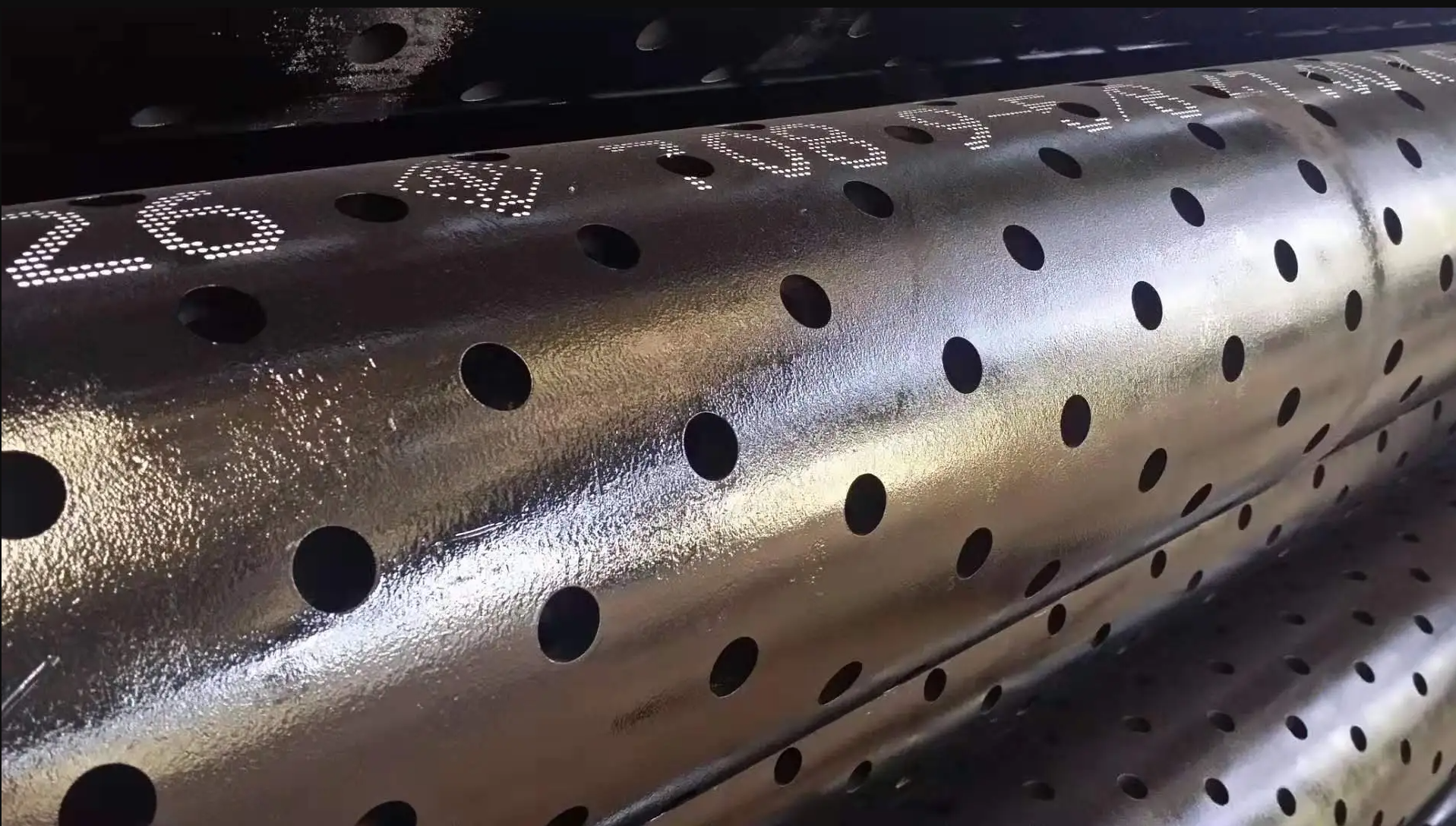Replacing a well screen casing pipe is an important decision that should be made based on various factors. While I understand your concern, it is crucial to consult with a professional well contractor or a licensed plumber to assess the condition of your well screen casing pipe and determine if replacement is necessary. They will have the expertise and knowledge to provide you with accurate advice tailored to your specific situation.
However, I can provide you with some general guidelines that may indicate the need for well screen casing pipe replacement:
- Reduced Water Flow: If you notice a significant decrease in water flow from your well, it could be a sign that your well screen casing pipe is clogged or damaged. Over time, well screens can become obstructed by sediment, debris, or mineral deposits, reducing the flow of water into the well. Replacing the well screen casing pipe can help restore optimal water flow.
- Contamination or Poor Water Quality: If your well water has been contaminated or if you are experiencing persistent issues with water quality, it could be an indication of a compromised well screen casing pipe. Cracks, holes, or damage to the well screen can allow contaminants to enter the well water, necessitating replacement to ensure the safety and purity of your water supply.
- Age and Wear: Well screen casing pipes have a lifespan, and over time, they can deteriorate due to exposure to chemicals, shifting soil, or other factors. If your well screen casing pipe is older and showing signs of wear and tear, such as corrosion or structural damage, it may be time to consider replacement.
- Changes in Water Pressure: If you have noticed a significant decrease in water pressure from your well, it could be a sign of a damaged or clogged well screen casing pipe. A professional assessment can help determine if replacement is needed to restore optimal water pressure.
- Regulatory Compliance: In some cases, local regulations or guidelines may require the replacement of well screen casing pipes after a certain period or if specific conditions are met. It is essential to be aware of and comply with any applicable regulations to ensure the safety and legality of your well system.
Features of wire wrapped screen:
1. Accurate slotting openings.
2. Shortest product delivery time.
3. Rotation capacity when installed.
4. The most cost-effective screen replacement.
5. Larger inflow area than slotted liners for maximum throughput.
6. High strength and superior corrosion resistance with stainless steel material.
Click here to customize wire wrapped screen according to your requirements!
Specifications:
1. Slot size(mm): 0.1~3mm
2. Open area: up to 60%
3. Material: low carbon, low carbon galvanized steel (LCG) steel treated with anticorrosion coating, stainless steel (304, 316L etc)
4. Unit Length up to 6 meters
5. Diameter: ranging from 25 to 800mm
6. End connection: plain beveled ends for butt welding or threaded coupling or flange.
| Screen Size | Inner Diameter | Outer Diameter | OD of Female Threaded End | ||||
| in | mm | in | mm | in | mm | in | mm |
| 2 | 51 | 2 | 51 | 25/8 | 67 | 23/4 | 70 |
| 3 | 76 | 3 | 76 | 35/8 | 92 | 33/4 | 95 |
| 4 | 102 | 4 | 102 | 45/8 | 117 | 43/4 | 121 |
| 5 | 127 | 5 | 127 | 55/8 | 143 | 53/4 | 146 |
| 6 | 152 | 6 | 152 | 65/8 | 168 | 7 | 178 |
| 8 | 203 | 8 | 203 | 85/8 | 219 | 91/4 | 235 |
| 10 | 254 | 10 | 254 | 103/4 | 273 | 113/8 | 289 |
| 12 | 305 | 12 | 305 | 123/4 | 324 | 133/8 | 340 |
| 14 | 356 | 13 1/8 | 333 | 14 | 356 | —- | —- |
| 16 | 406 | 15 | 381 | 16 | 406 | —- | —- |
| 20 | 508 | 18 3/4 | 476 | 20 | 508 | —- | —- |
| Profile Wire | ||||||||
| Width (mm) | 1.5 | 1.5 | 2.3 | 2.3 | 1.8 | 3.0 | 3.7 | 3.3 |
| Height(mm) | 2.2 | 2.5 | 2.7 | 3.6 | 4.3 | 4.7 | 5.6 | 6.3 |
| Support Wire
|
Round Wire ●
|
|||||
| Width
(mm) |
2.3 | 2.3 | 3.0 | 3.7 | 3.3 | Ø2.5mm-Ø5mm |
| Height
(mm) |
2.7 | 3.6 | 4.7 | 5.6 | 6.3 |
Remember, these are general indicators, and the decision to replace a well screen casing pipe should be based on a thorough evaluation by a qualified professional. They will consider factors specific to your well, such as the depth, construction, and the materials used. Regular maintenance and inspections are key to identifying potential issues early on and preventing costly repairs or health risks.
To find a reputable well contractor or plumber in your area, consider seeking recommendations from neighbors, friends, or local water authorities. They can provide valuable insights and help you connect with professionals who specialize in well systems.
Please note that the information provided here is for general guidance only and should not replace professional advice. Always consult with a qualified expert for accurate assessments and recommendations regarding your well screen casing pipe.

